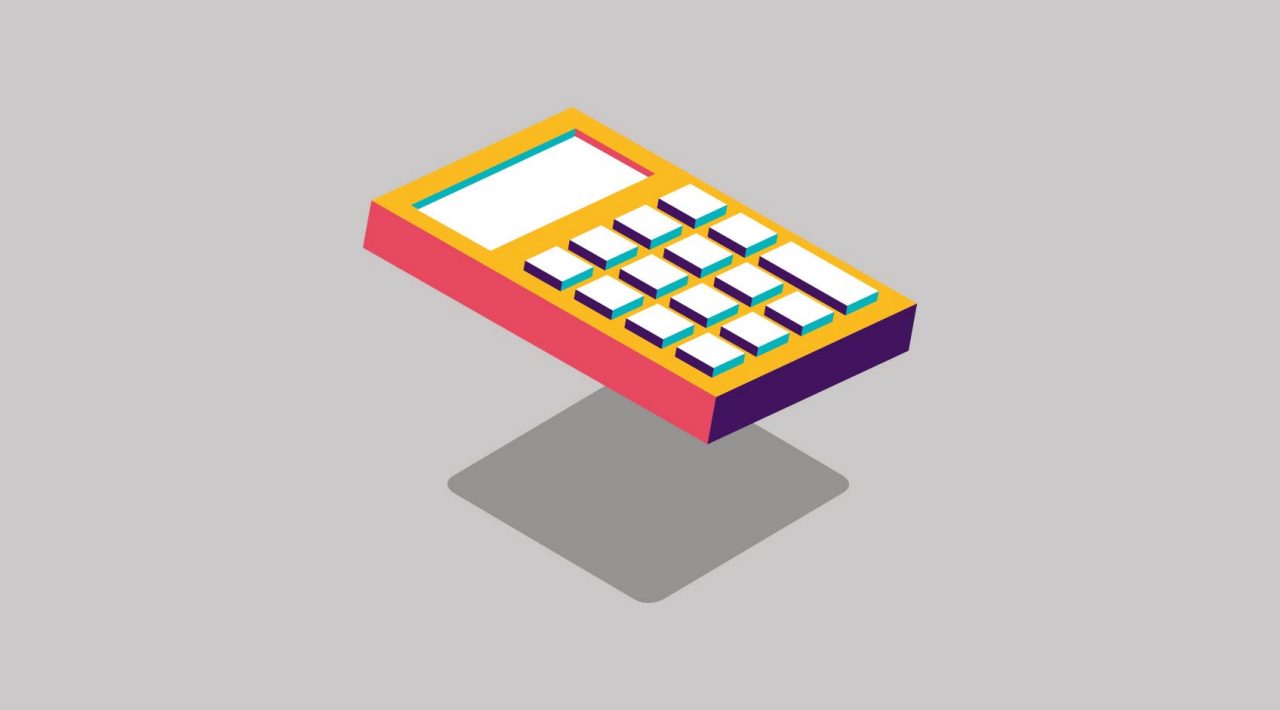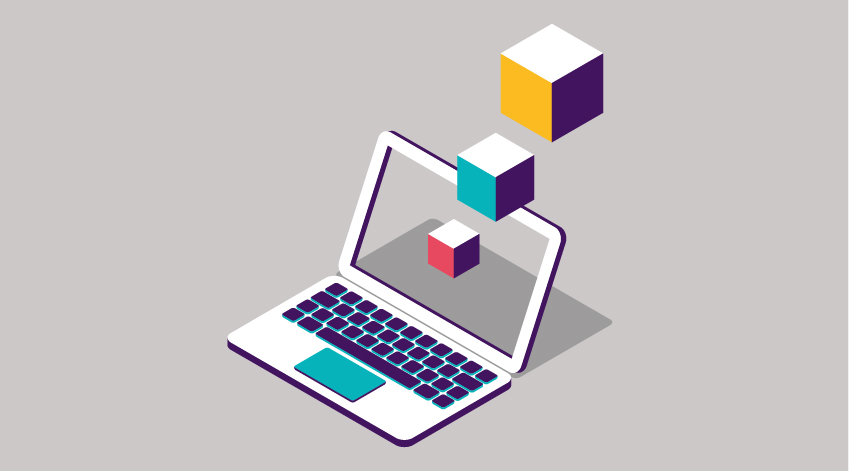On this page
How do credit cards work?
- You can use a credit card in a similar way to a debit card, making purchases online or in-person.
- When you receive a credit card, you'll be given an agreed limit you can spend to.
- If you pay your credit card balance in full each month, you won't pay any 'interest' to borrow the money.
- However, if you do not pay your card balance in full each month, you will have to pay interest on what you owe, unless you have a special introductory offer from your card provider.
A credit card can be an expensive way of borrowing, so it's good to pay your full balance each month if you can. If you don’t, you will be charged interest, unless you have a special introductory offer from your card provider.
You should always make sure you pay at least your 'minimum payment' (usually a percentage of your balance), as missing a payment altogether will likely result in additional charges and will affect your credit score.
What is a credit card balance?
Your balance is how much you have spent, plus any interest, fees or charges.
So, if you spend £1,000 using a credit card, without any extra fees, your 'balance' will be £1,000.
What does APR mean?
APR – or 'Annual Percentage Rate' – refers to the total cost of your borrowing over a year. It always includes any standard fees, and the interest you would have to pay.
What are credit cards good for?
- Spreading out the cost of a purchase.
- Helping improve your credit score. Using a credit card sensibly, making your card payments on time, could provide a positive credit score boost.
- Interest free spending. Some credit cards come with a 0% interest period, allowing you to effectively borrow money for free, within a set time period (as long as you abide by the stipulations in your credit card agreement).
- Some credit cards allow you to earn 'cashback', points or rewards on your spending.
Some examples of credit card disadvantages
There are potential negative consequences from using credit cards, particularly if you struggle to make payments;
- Unless you pay off your full balance each month, or you have an interest free offer, you will pay interest on your balance - this is effectively your 'cost' for borrowing the money.
Borrowing with a credit card, and not paying back what you owe, could cause you to fall into rising debt, resulting in financial difficulty. - Not meeting minimum payments on your card, or letting your credit card debt pile up, can negatively impact your credit score. This could make it harder to gain access to credit in the future.
- A credit card may not always be the most suitable, or cost effective, form of borrowing. Depending on what you're borrowing for, a loan or overdraft could be a better option for you. Learn more about different borrowing options.
If you pay more in interest fees and charges than the balance of your card each month, this is known as “Persistent Debt” and you may need to pay back more to prevent you ending up paying interest on a large balance in the long term.
How do I apply for a credit card?
- Want to be prepared before starting your credit card application?
We'll help you put the pieces together with our 5-step guide on how to get a credit card in the UK.
A few more frequently asked questions
Our range of credit cards
See our range of credit cards and compare costs, benefits and features. It's all here in one place. Eligibility applies. Over 18s only.
Credit card, overdraft or loan?
If you're looking to find out whether a credit card, loan or overdraft is right for you, this is a good place to get started.
More beginner guides...
Current accounts for beginners
Learn more about what current accounts are, and other useful information.
Learn the mortgage basics
What are mortgages, how do they work and a host of other useful information.


